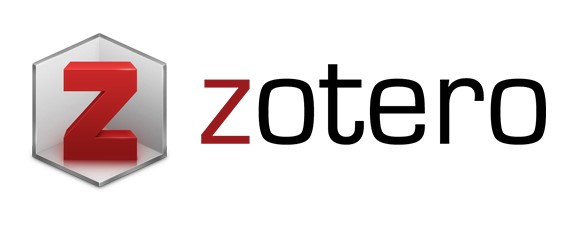Focus and Scope
HIKAMI : Jurnal Ilmu Alquran dan Tafsir. This journal is intended for readers who are interested in the study of the Quran and Tafsir. Some of the articles published in it are the results of research and articles by Quranic and Tafsir scholars. Specifically, this journal discusses:
- Tafsir Al-Qur'an Nusantara (Interpretation of the Quran in the Nusantara region)
- Ad-Dakhil fi Tafsir (In-depth analysis in Tafsir)
- Ilmu Al-Qur'an (Quranic Sciences)
- Living Qur'an
Section Policies
Articles
Original Research Article
Review Articles
Book Review
Editorial
Peer Review Process
- Hikami: Jurnal Ilmu Alquran dan Tafsir. It utilizes a double-blind peer-review method, where the identities of the reviewers and authors are kept confidential from each other.
- Initial Screening. All submitted manuscripts will undergo an initial screening by the Editor-in-Chief to determine if they align with the focus and scope of Hikami Journal: Journal of Quranic Sciences and Interpretation. Manuscripts that do not meet the basic requirements will be rejected without further review.
- If a manuscript fulfills both criteria, it will be examined for plagiarism or publication duplication using Similarity Check. Once the results are confirmed, it will be sent to two field experts with relevant knowledge.
- Peer Review. All manuscripts that pass the initial screening stage will be distributed to two experts in the relevant field to undergo a double-blind peer review.
- First Decision. The decision regarding the peer-reviewed manuscript will be provided after both reviewers submit their review reports. If the two reviewers have differing opinions about the manuscript, the final decision will be made by the Editor-in-Chief. At this stage, the author will receive at least one of the following decisions: accepted, revisions required, or rejected.
- Revision Stage. Manuscripts recommended for revision will be returned to the submitting author(s). The author(s) will have up to one month to revise the manuscript. The revision process will be limited to a maximum of two rounds.
- Final Decision. If the author fails to meet the revision requirements after the second round, the manuscript will be rejected. All accepted manuscripts will undergo final editing and layout processes.
Open Access Policy
This journal provides immediate open access to its content on the principle that making research freely available to the public supports a greater global exchange of knowledge.
Archiving
This journal utilizes the LOCKSS system to create a distributed archiving system among participating libraries and permits those libraries to create permanent archives of the journal for purposes of preservation and restoration. More...






